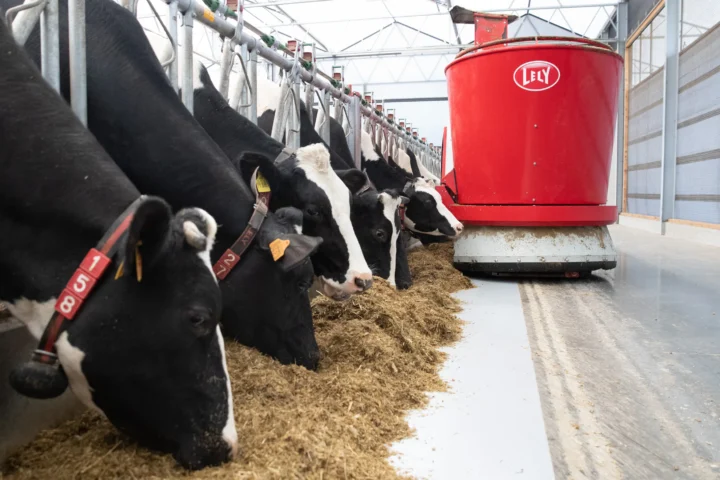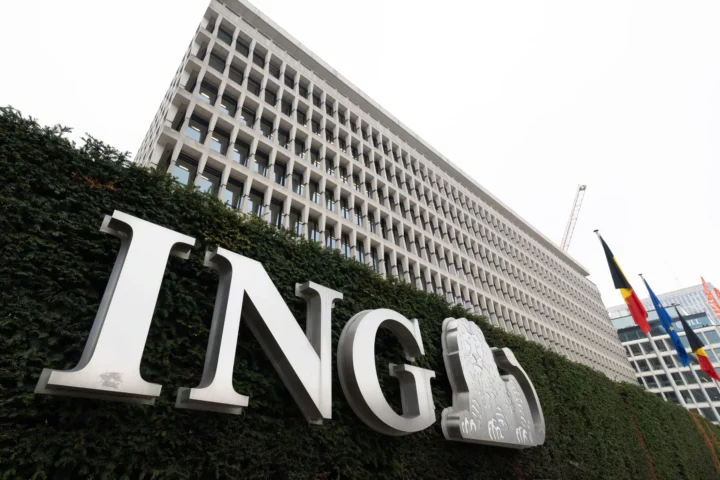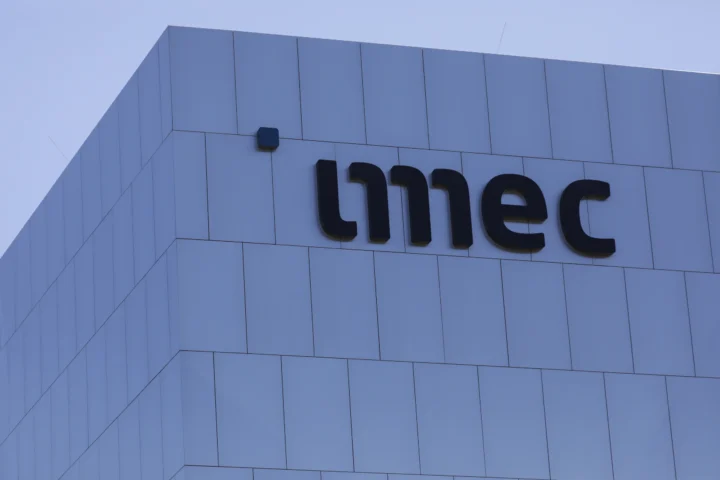The closure of the Audi factory in Brussels weighed heavily on economic activity in the capital region, according to a report by the Brussels Institute for Statistics and Analysis (BISA). The shutdown resulted in one-fifth of manufacturing sector jobs being lost.
The car manufacturer closed the plant, which employed around 3,000 people, due to limited demand for the Q8 e-tron model produced there. The factory officially closed in February, after gradually winding down operations over several months.
The closure caused industrial activity in Brussels to fall by 6.9 per cent in 2024 compared to the previous year.
According to BISA, the gradual closure caused industrial activity in the Brussels region to fall by 6.9 per cent in 2024 alone compared to the previous year. The decision also resulted in the loss of around a quarter of the added value and a fifth of the jobs in the region’s industrial sector.
In March, Jürgen Rittersberger, the CFO of Audi, announced that the closure of the plant had reduced the company’s profits by around 1.6 billion euros last year. In the same month, Belgium’s Defence minister, Theo Francken, announced his intention to convert the plant into a defence production site.
Construction declines, services stagnate
Brussels is facing difficult times in more than just the industrial sector. The construction sector again performed poorly in 2024, with activity declining by three per cent. However, BISA saw some improvement in the second half of 2024 and hopes that the recovery will continue this year, driven by interest rate cuts from the European Central Bank.
The production and personal service industries, which BISA identified as the driving forces behind Brussels’ economic growth in recent years, also stagnated. In contrast, the recreation and leisure sector experienced “clear growth”.
The Brussels labour market saw further growth in employment in 2024, though less strongly than the year before. The number of unemployed people in Brussels has risen for 24 consecutive months, although the rate of increase has slowed since August.










